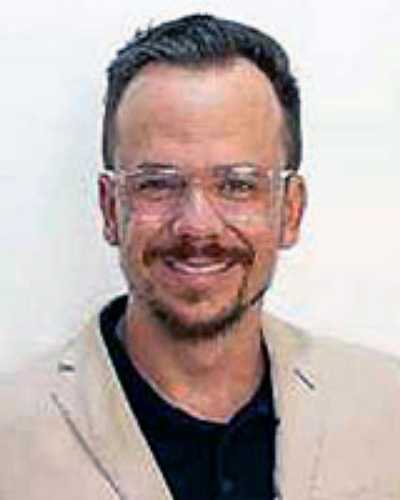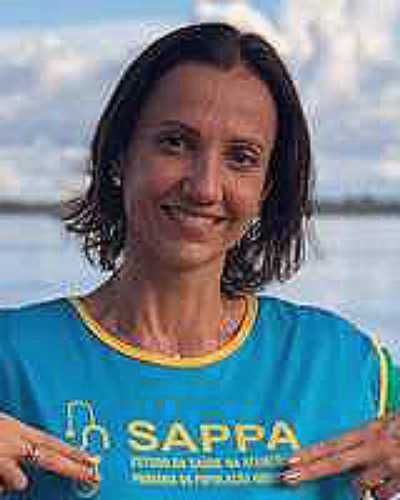Now published, see the full article 
Early Abstract:
Introduction: Aging in rural areas is challenging and has very specific characteristics in the way these elderly people live their old age from the perspective of cognition, functionality and life purpose. There is a lack of information and data in the literature on how people age in rural areas around the world. The aim of this study was to identify and describe how people age in rural areas, focusing on the following domains: cognition, physical function/functionality and purpose in life.
Methods and Analysis: We included cross-sectional studies published up to April 2023 found in 6 databases: PubMed, LILACS, PsycINFO, Scopus, SciELO and Web of Science. The Ryyan software was used for the first selection of studies and the Observational Study Quality Evaluation (OSQE) was used to assess methodological quality and risk of bias. For the primary analysis, the titles and abstracts available in the search engine were analyzed using the following MeSH descriptors "Physical functioning"; "Cognition"; "Cognitive Function"; "Life purpose"; Personal satisfaction; Subjective Well-Being; "Aged"; "Elderly"; "Old"; "Rural aging"; "Rural Population"; "Communities, Rural"; "Distribution, Rural Spatial"; "Medium Communities"; "Rural Settlement"; "Small Community". In the secondary selection, the selected articles were fully read by 2 independent reviewers and confirmed by a third reviewer when necessary.
Results: From twenty-two studies methodologically evaluated it was seen that rural aging in the world is female and mostly in elderly women farmers; mental evaluation together with activities of daily living and instrumental activities were the most evaluated, the studies did not mention the evaluation of life purpose.
Conclusion: The world ages very differently in rural areas, and the way we age is directly linked to where this process takes place. Cognition, followed by functionality, are the most researched outcomes in cross-sectional studies with this population and the assessment of life purpose has not been investigated to date.
Strengths and limitations of this study: It presents worldwide epidemiological data on how to age in a rural context from the perspective of cognition, physical functioning and purpose in life. It is the first systematic review involving the theme of purpose in life worldwide in rural elderly people. It is a systematic review of cross-sectional studies which, although it cannot describe clinical outcomes, presents sociodemographic data and data on cognition, physical functioning and purpose in life which can help in making public health decisions for this population. The definition of the search terms for this systematic review, as well as the search for articles and the cross-referencing of search terms were carried out by a trained librarian who carried out an exhaustive search of the databases with all the possible variations, so it is highly unlikely that any study was left out of the sample studied.



